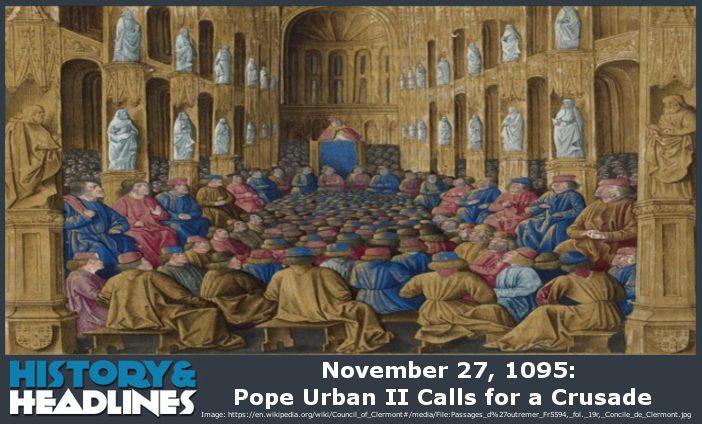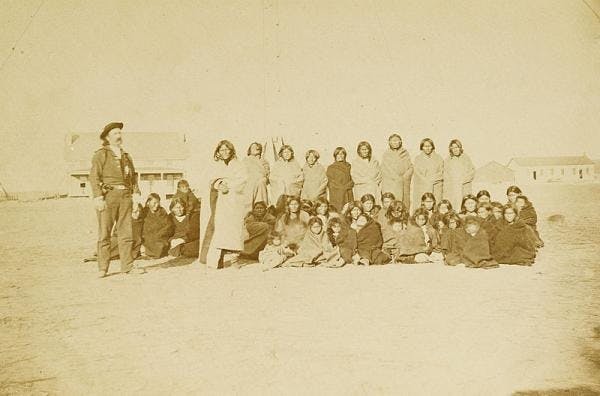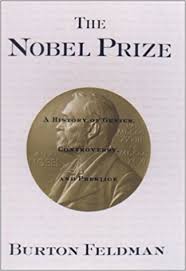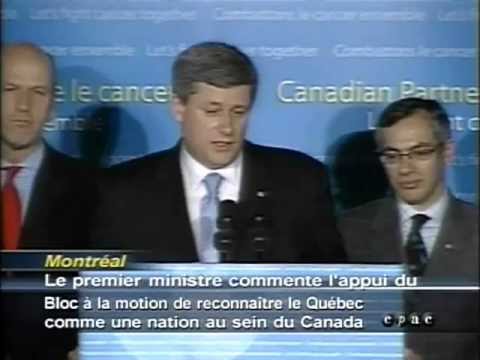1095 Pope Urban II called the First Crusade because “Deus vult!” (“God wills it!”) to liberate the Holy Land from the infidels. He was responding to false Fox News from Jerusalem about massacres of Christians. The aggression was Christian and battles have since continued.

1868 George Custer led a massacre of peaceful Cheyennes on the Washita River in Oklahoma. He had been suspended from duty for a year because of absence, carelessness, neglect, and incompetence. He made no effort to identify the Indians, respond to the white flag they showed, or the presence of numerous women and children. All were murdered at Custer’s command, though some troopers of the 7th Cavalry refused to participate, and Custer attempted to silence and punish them. Custer’s wife ensured it was reported as a great victory against the odds on the fact-free Fox News of the day. Pictured are some of Custer’s victims.

1895 Alfred Nobel made his last will and testament, pledging his enormous wealth toward the betterment of humanity through Nobel prizes.

1999 Labour Party leader Helen Clark became first women elected Prime Minister of New Zealand.

2006 Led by Conservative Prime Minister Stephen Clark, the Canadian House of Commons passed a resolution recognising Quebecois as a nation with a united Canada by a vote of 265 to 16. It seems largely symbolic, e.g., public parks in Quebec were re-named as nationale parcs rather than provincial parks. Quebec also got its own trade commissioners in French-speaking countries like Belgium, Switzerland, France, and Cote d’ivoire. In context it took the air out of a proposal for yet another sovereignty referendum in Quebec. How that sold in New Brunswick and Nova Scotia among Acadians and elsewhere among Franco-Canadiens would be question.

Skip to content
